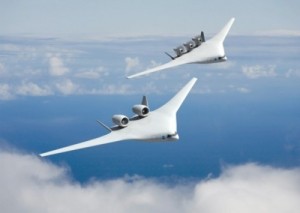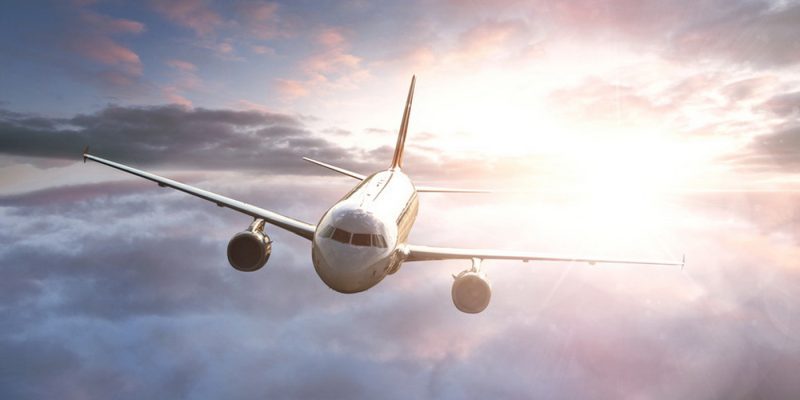 EREA (European Research Establishments In Aeronautic) has published report addresses the research needed to pave the way for the Air Transport System 2050. It attempts to answer the question: “what can research establishments contribute to a comprehensive long-term, strategic process of innovation which will ensure Europe is a prime contributor to the aviation world of 2050”?
EREA (European Research Establishments In Aeronautic) has published report addresses the research needed to pave the way for the Air Transport System 2050. It attempts to answer the question: “what can research establishments contribute to a comprehensive long-term, strategic process of innovation which will ensure Europe is a prime contributor to the aviation world of 2050”?
Great contribution to the project bring scientists from the Institute of Aviation: prof. Marian Jeż in the area of “Airport” and Dr. Eng. Zbigniew Pągowski in the “Propulsion”. They are supported by, inter alia: prof. Wolanski in the “Rotating Detonation”, as well as Andrzej Sołtyk and Bohdan Naumienko in the “electrical propulsion” and other associates of the Institute.
Plans for more efficient transport would connect Europe’s road, rail, air and water networks, cut dependence on oil imports and reduce greenhouse gas emissions.
A new European transport plan aims to increase mobility and further integrate the EU’s transport networks – while reducing greenhouse gas emissions and the bloc’s dependence on imported oil.
Measures to encourage major infrastructure investments, change the way freight moves and people travel would boost economic competitiveness and create jobs.
The plan – with goals to be met by 2050 – focuses on travel within cities and between cities, and on long distance journeys. It includes calls for:
– cities to completely phase out petrol cars
– shifting to rail or water 50% of all passenger and freight road transport currently making intercity journeys of more than 300km
– airlines to increase their use of sustainable low-carbon fuels to 40%
– shipping to cut 40% off its carbon emissions.
Reaching these targets would help the EU achieve a 60% cut in greenhouse gases from all modes of transport by 2050.











